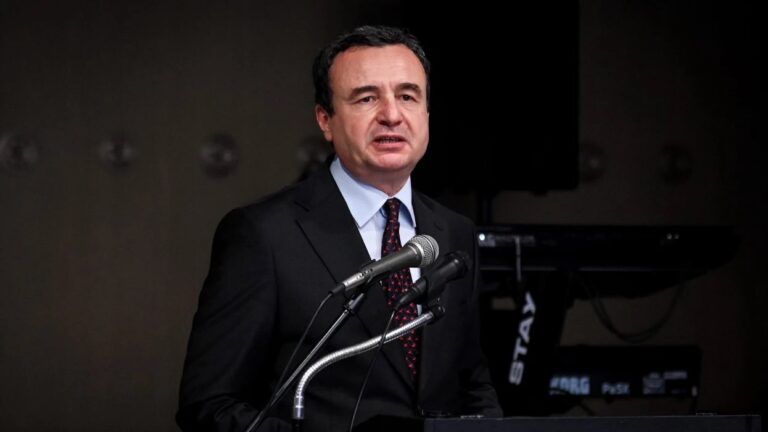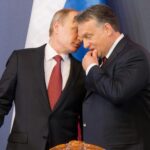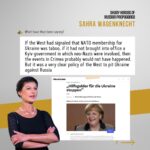One of the most severe diplomatic setbacks for Kosovo since the war occurred a few weeks ago, when the United States decided to suspend its planned Strategic Dialogue with Kosovo. Although this is not the first time that the international community has expressed disapproval of Kosovo’s government, the American decision carries a particularly serious weight. Years earlier, the European Union had also imposed punitive measures against Kosovo as a response to unilateral decisions by the Kurti government—measures that remain in force today and continue to hinder Kosovo in crucial political and economic processes.
The U.S. Embassy in Pristina announced through an official communiqué that the United States has indefinitely suspended its planned Strategic Dialogue with Kosovo due to concerns over actions by the caretaker government that have, in Washington’s view, increased tensions and instability. According to the statement, these developments have constrained the ability of the United States to work productively with Kosovo on shared priorities. Nevertheless, the communiqué also emphasized that the U.S. remains committed to advancing the joint interests of the American people and the people of Kosovo, underscoring that their relationship has always been based on the common goal of strengthening peace and stability as a foundation for mutual prosperity. Unfortunately, recent actions and statements by Caretaker Prime Minister Albin Kurti have, in Washington’s assessment, undermined years of progress.
Notably, the communiqué did not specify any timeline or conditions for the resumption of the Strategic Dialogue. This open-ended suspension clearly indicates that significant changes in the Kosovo government’s approach are expected. The decision has inflicted serious damage on Kosovo’s political and economic standing, both in substance and in symbolism. The breakdown of a key diplomatic mechanism with the United States sends an alarming signal to countries that have not yet recognized Kosovo’s independence and may embolden Serbia’s diplomatic campaign to reverse or block future recognitions.
Over the past five or six years, Kosovo’s relations with the United States have stagnated, a development that can be attributed to the lack of active foreign policy engagement and a perceived attitude of entitlement from within the government—as if the U.S. were indebted to Kosovo. In reality, this assumption has proven costly. The suspension of the Strategic Dialogue should be seen as a firm message from Washington urging reflection, responsibility, and recalibration. The dialogue platform, originally established by the U.S. State Department, was intended to institutionalize high-level cooperation and ensure continuous progress in key areas of shared interest.
Washington has reportedly attributed the current diplomatic rift to Prime Minister Kurti’s unwillingness to facilitate the formation of new governing institutions nearly nine months after elections, a delay that the U.S. views as a deliberate act of political obstruction. In the broader geopolitical context, this crisis comes at a time when European airspace is under threat from Russian drone incursions, and global instability is on the rise. Under such circumstances, the United States is unwilling to tolerate any potential source of destabilization in the Western Balkans—a region historically prone to volatility. Kosovo, therefore, has much to lose from this suspension: its international credibility, its diplomatic leverage, and its internal stability are all at risk.
The Strategic Dialogue itself is not a symbolic exercise but a crucial diplomatic process that the U.S. Department of State conducts with numerous countries around the world to deepen bilateral relations. It typically involves structured, high-level discussions—either in Washington or in the partner country—on a broad range of subjects, including defense cooperation, regional security, environmental policy, energy partnerships, and economic development. In recent years, the U.S. has pursued such dialogues with partners like France, the United Kingdom, Romania, Austria, Poland, Slovenia, Moldova, Greece, North Macedonia, Qatar, Oman, Bahrain, and Egypt. The inclusion of Kosovo in such a framework was therefore a recognition of its strategic importance and its growing maturity as a state.
Meanwhile, Washington has also been moving toward a deepening of relations with Serbia. For months, Serbian and American officials have discussed enhancing bilateral cooperation through a similar dialogue mechanism. Although it is not yet clear what a Strategic Dialogue with Serbia might entail, recent developments suggest that economic and energy cooperation will serve as its foundation. Last year, Serbia signed an agreement on strategic energy cooperation with the U.S., and more recently, plans have been announced for expanded commercial and economic ties. This could eventually evolve into broader collaboration in the areas of politics and security—potentially even paving the way for closer ties between Serbia and NATO. The most recent indication of this growing partnership came after a meeting between Serbian President Aleksandar Vučić and U.S. Secretary of State Marco Rubio on September 23 in New York, held on the sidelines of the United Nations General Assembly.
In contrast, Kosovo’s diplomatic isolation is becoming more apparent. The U.S. suspension of the Strategic Dialogue represents not just a pause in formal cooperation but a deep signal of frustration with Pristina’s political leadership. It is widely seen as one of the harshest measures Washington has taken toward Kosovo since 1999, one that provides both space and justification for Kosovo’s opponents to act more aggressively in international forums. While the decision may not have been entirely unexpected, given recent tensions, its consequences will be far-reaching.Kosovo now stands at a critical crossroads. The suspension of the Strategic Dialogue with the United States is not merely a diplomatic setback—it is a warning of the potential erosion of the country’s most vital alliance. The U.S. has been Kosovo’s strongest supporter since its liberation and independence, and jeopardizing that relationship risks undermining decades of progress in state-building, security, and international recognition. To restore trust, Kosovo’s leadership must adopt a more pragmatic, cooperative, and strategic foreign policy, one that recognizes the importance of alliance management and international credibility. The current crisis should serve as a wake-up call for reflection and recalibration—a reminder that independence without diplomacy is isolation, and that Kosovo’s future prosperity depends on rebuilding and safeguarding its partnership with the United States.
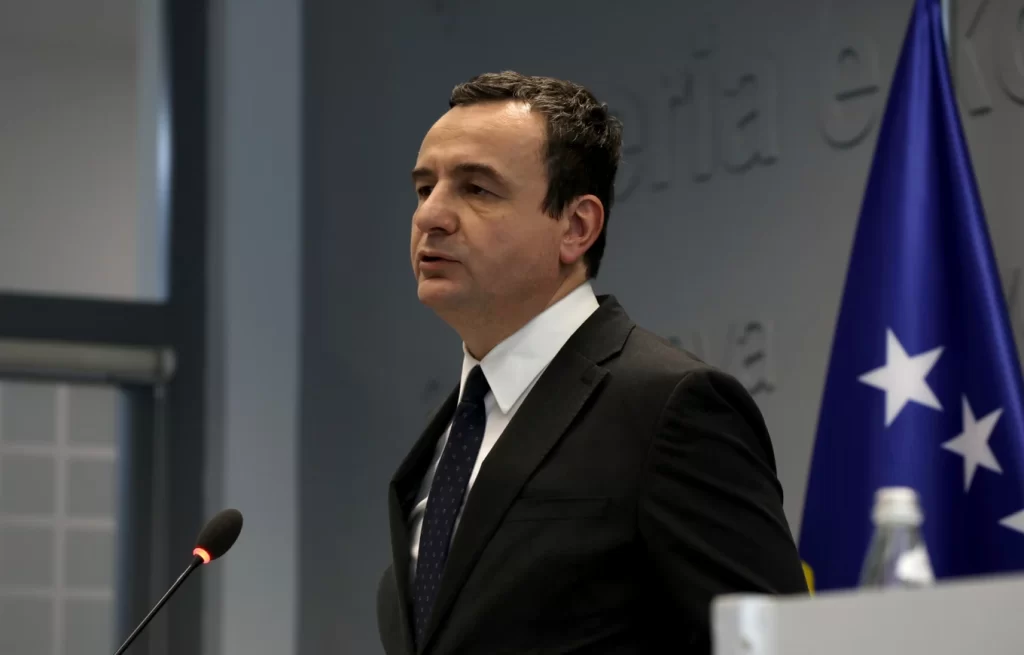
More on this story: Kosovo is facing a political crisis
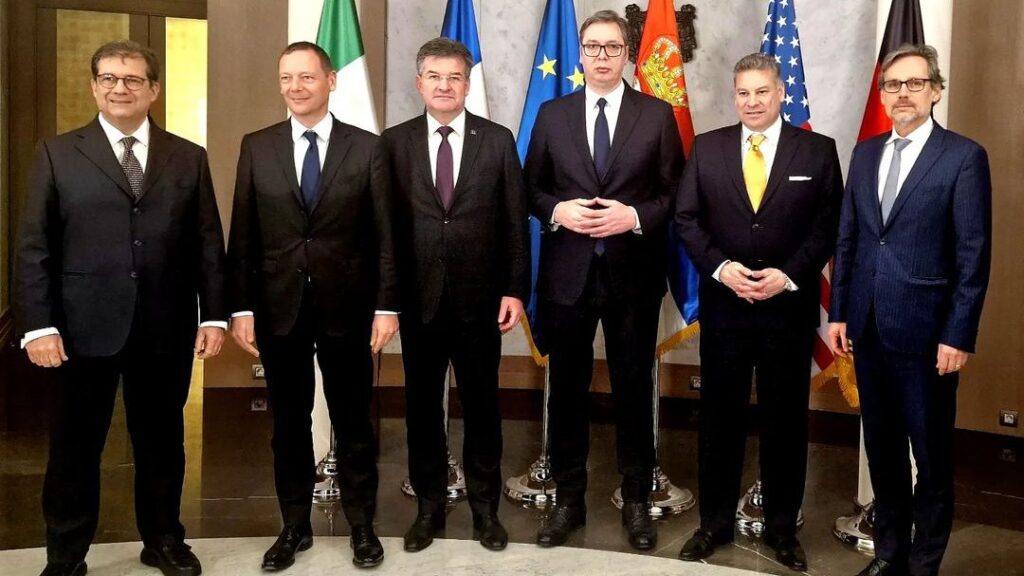
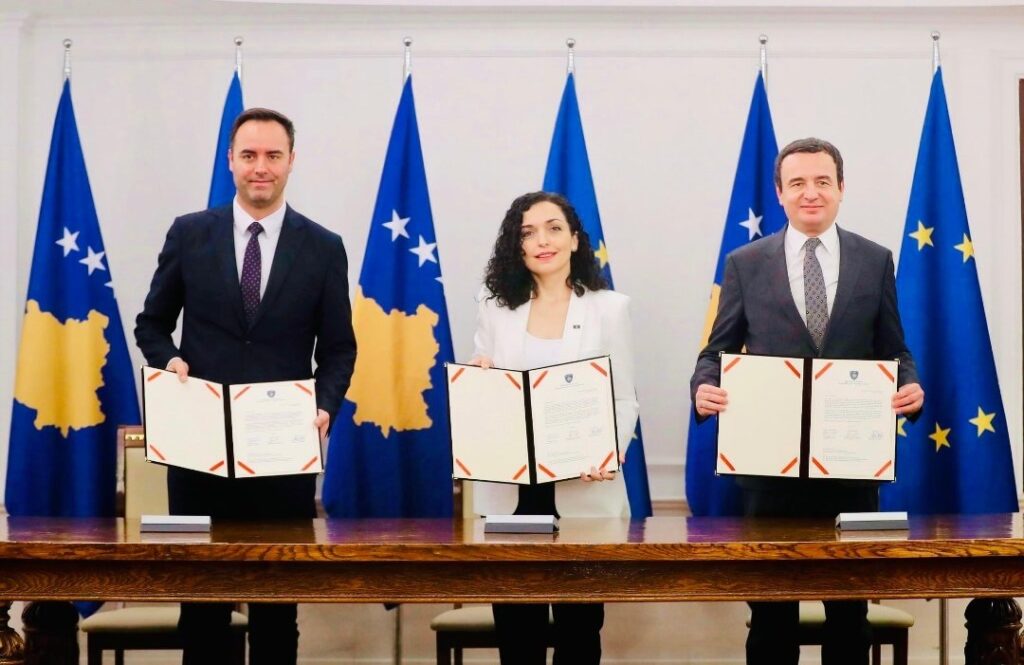
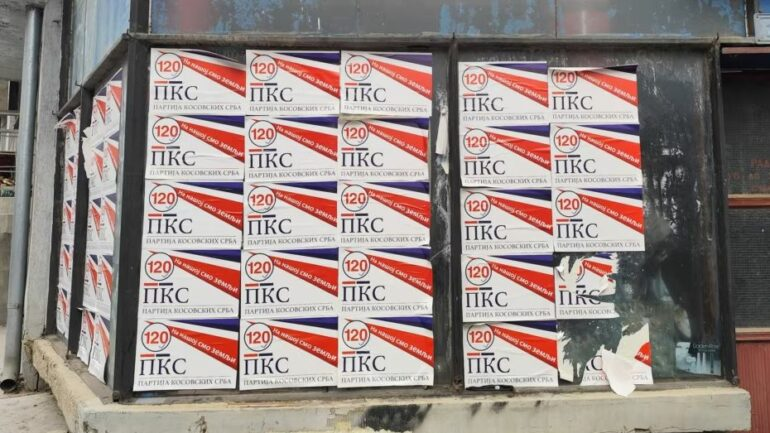
More on this story: Big challenges await the new government of Kosovo


